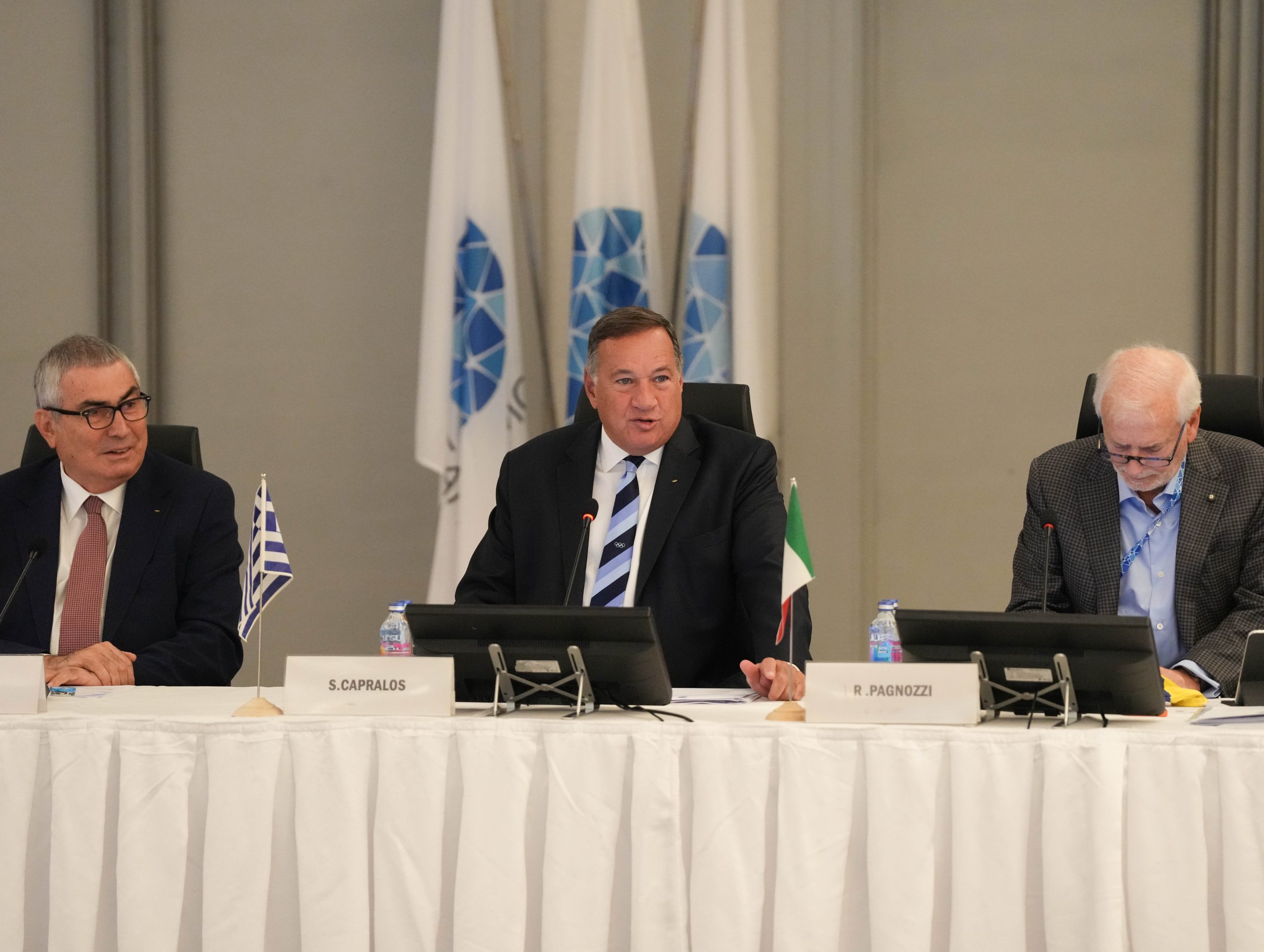1. Treaty of Nice enters into force
Two years after the European Council meeting in Nice, the treaty negotiated there on the way in which the European Union institutions should work in the future entered into force on 1st February 2003. “With the treaty, the European institutions will be made fit for enlargement,” Commission President Romano Prodi said on the subject.
The institutional changes provided for in the treaty are intended to ensure that the European Union remains viable with what will soon be 25 members.
Institutional changes
The first tangible institutional changes will be evident in 2004. In the course of the EU enlargement, the citizens can designate 732 people’s representatives instead of the previous 625 in the elections for the European Parliament set for June.
Furthermore, the European Commission will grow, in future, from currently 20 to then 25 members. In order to avoid the Commission becoming too large following the eastwards expansion, the five “big States” of the old members will relinquish one of their two Commission respectively. This means that also each of the new EU member will then send one Commissioner.
Changes will also affect the Council of Ministers, the body in which the governments of the individual Member States of the Union are represented-with voting entitlement tiered according to size of population. The unanimity constraint on decisions will be lifted for some areas (e.g. for the election of the Commission President and for industrial policy). At the same time, for a majority decision, two conditions have to be met: on the one hand, 72.27 per cent of the total votes in the Council (“qualified majority”) must be achieved and, on the other, a resolution must also be carried by the majority of the Member States (i.e. in future at least 13).
In addition, as from May 2004, all formally determined EU summits will be held in Brussels and no longer, as previously, in the country holding the Council presidency.
2. Convention on the Future of Europe
During both of the February sessions of the Convention on the Future of Europe, the Praesidium presented the initial drafts of a constitutional treaty, after the last working group (Social Europe) had presented its report.
Under the “supporting measures”, in Article 15 of the draft, sport is also listed. This means that, in the area of sports, the European Union will be able to “take coordinating, supplementing or supporting measures”.
In addition to the supporting measures, the assignment of areas of competence also provides for exclusive and shared competences of the EU. In the next few weeks, the Convention members will, above all, discuss the assignment of individual policy areas to the various types of competence. Numerous amendment proposals can already be consulted on the Convention web site. Special meetings are therefore planned for 5th and 26th March for the purpose of discussing the draft articles and amendment proposals. Above and beyond this, it remains to be seen whether the preservation of the special characteristics of sport, as mentioned in the Nice declaration, will be taken up in another part of the constitutional treaty.
The complete draft is to be presented to the European Council at the summit meeting in June.
3. Information Day for EU Public Health Programme
The European Commission organizes an Information Day on 23 March 2003 in Luxembourg for parties interested in the Community’s Public Health Action Program (2003-2008). The event aims to provide clarity regarding the program’s content and to present possibilities for project support. Furthermore, potential beneficiaries of the program are to be encouraged to submit project proposals.
Prospective participants can sign up for the event via email or to Ms Maria-Laura Pasquinelli or via fax until 14 March 2003
(email: maria-laura.pasquinelli@cec.eu.int, fax:+352-4301.33539) .
4. New e-learning Web Portal
In the presence of the Commission Member for Education and Culture Viviane Reding, the European Commission presented its new web portal for e-learning. This new web portal on the subject of e-learning should enable the goal set by the European Heads of State and Government of securing a leading role for the European Union in the knowledge society to be achieved. “I hope that this web site constitutes, above all, a space for dialogue, to prompt government, businesses and the society of citizens to work together more closely and make more resources available for e-learning,” Mrs Reding said.
The new web site is therefore intended for a broad public and is aimed at both users and suppliers of content. In this way, exemplary methods in the use of new communication technologies in the field of education can be disseminated. Furthermore, it will be possible to seek continuing projects and get in touch with those responsible for them.
www.elearningeuropa.info

















